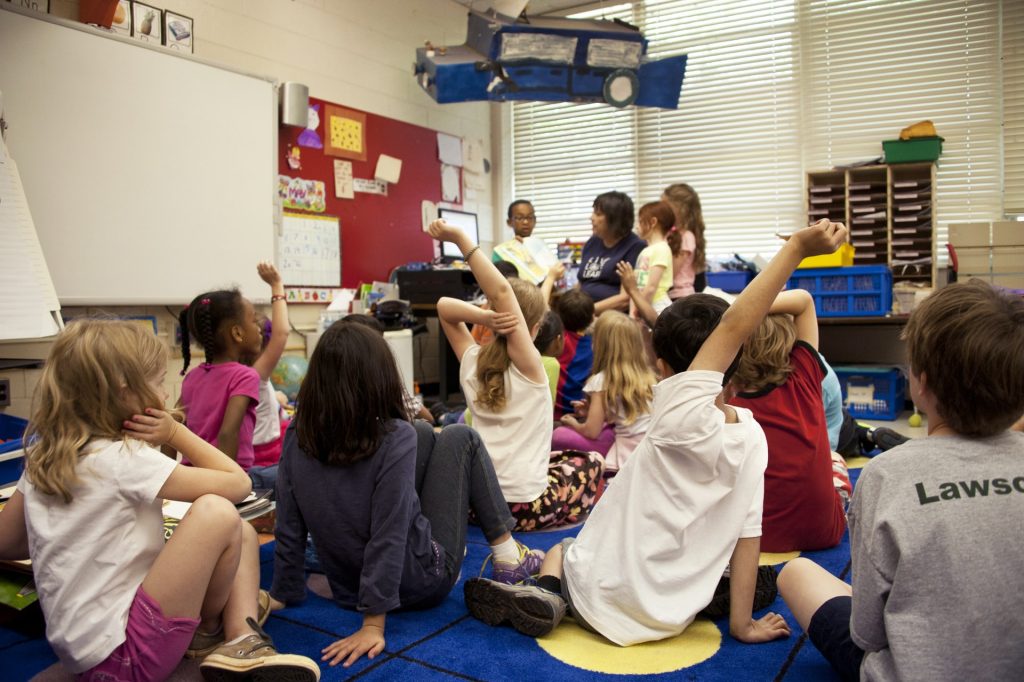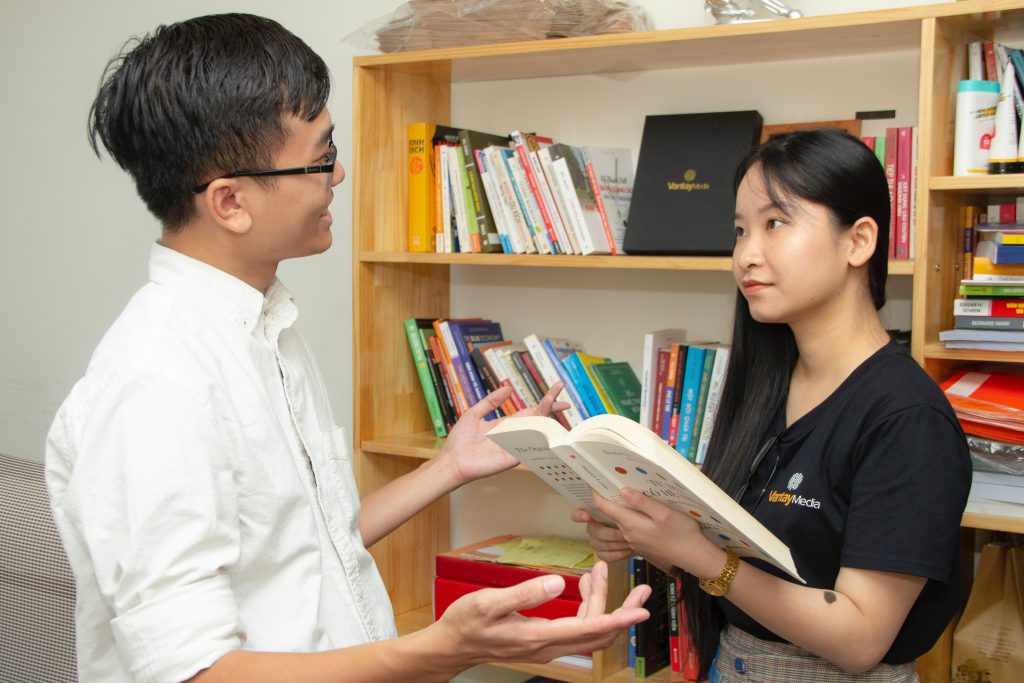School is starting in many parts of the world: are you ready for your first day?
As teachers, the start of the school year can be a hectic time for us: getting everything ready, getting used to the new timetable, meeting new colleagues and students… and for many of us, it’s a nerve-racking time of waiting to find out where we’re going to teach this year.
Whether you have forty years of experience or zero, you’ll find these back-to-school ideas useful to start your year with a bang!
Update September 2024: we have reviewed this article and added 4 brand new activities to try out!

If you’re looking for the opposite, i.e. end-of-school lesson ideas, check out our dedicated article!
My 10 favourite tried and tested back to scool activities
Here are my personal favourites (which I’ve used both with new classes and old classes on the first day):
1. Facts about me
Give learners some pictures, numbers or nouns related to your life and ask them to guess what they mean. They can then do the same, possibly using their phones to show their partners pictures if they’re allowed to use them.
2. Ask me 3 questions
In groups of 3 (possibly socially distanced or in breakout rooms), students have 3 minutes to think about as many questions as they can for the teacher. As long as the questions are in a correct interrogative form, I answer them (and get a chance to revise question forms!)
3. Speed ‘dating’
I used to do this activity with teenage students in summer schools in the UK: we would go out to a garden or park, they would stand in two lines and talk to the person opposite them for 3 minutes, after which they would swap. To make sure they use English as much as possible, you can give students an aim and/or ask them to show some proof of what they’ve done (e.g. they have to discover one new fact about each person and note it down on a piece of paper).
4. Timelines
How fun can timelines be? You can draw one easily to show your students your main milestones in life or in the past summer; you can draw one with gaps and they have to guess; you can draw one with just some dates and ask students to guess the events, or vice versa; you can ask students to do the same; you can use them to revise verb tenses. Super versatile, low prep and easy to do online!
5. Find someone who
Who hasn’t tried “find someone who”? Students have a list of questions and have to mingle to find as many students as possible who have done or are the things said in the worksheet. What’s even cooler is this Find someone who generator!

6. Language portraits
Each learner gets a sheet with the outline of a person and they colour it in to represent the various languages they speak and consider part of their identity. It’s a tried and tested activity that is inspired by multilingualism and sociolinguistic research. See an example here.
7. Summer bingo
Prepare a set of bingo cards with potential summer activities. You can use a simple tool like this Bingo card generator. Include both “traditional” activities, like going on a day trip or sunbathing, and slightly more random ones, like “reading a whole manual”, “watching a whole TV series in a day” or “spending an entire day at IKEA”. Include about 30 of these activities so that each bingo card is different. Then, play bingo with them: in groups, students will then tick all the activities they have done and the group that ticks the most wins.
8. Exquisite corpse
Despite the less than cheerful name, this game is an amazing activity to encourage creative writing. Create some prompts for students to write a story about their summer, such as, “this summer was [adjective]”; “I went to [place]” with [person/people]; “In [place], I [activity]”. Read out a prompt: each student will write it and complete it in their own personal way using the top of a piece of paper. Then, they will fold it so that their sentence is visible and pass it to the classmate to their right hand side. Continue reading prompts and having students complete them, fold their papers and pass them around. Once you have finished the prompts, read out the stories: there are bound to be a few laught!
9. Show and tell
Prepare a bag with a few realia, i.e. real objects that represent your summer. Bring the bag to school, show the students an object at a time and get them to ask you questions about it. For example, I would bring in suncream because I’ve been out in parks and at my local river (which has beaches!) and my ebook reader because I meant to catch up on my reading and of course I failed. This is a good opportunity for students to practise interrogative forms. Alternatively, you can get them to create a story featuring the objects you brought or bring their own objects and have their classmates ask questions.
10. Make your own quiz
What did you do this summer? Such a standard question which sometimes only elicits limited responses. But how about turning it into a quiz? Students make their own quiz using Quizlet and they swap it with a partner to see who gets the most answers correct. Questions might include truths as well as lies, which the student’s partner needs to identify.
Further resources
Are you inspired? Looking for more ideas? I have selected the best ones I found on the internet, from very talented bloggers and teachers:
85 Get to know you activities (by LanguagEd member Rachel Tsateri!)
10 Invaluable Back To School Ideas For ELT Teachers
5 ways to reinspire your students after the summer holidays

Would you like to receive more ELT lesson ideas directly in your inbox? Sign up for our free newsletter!

